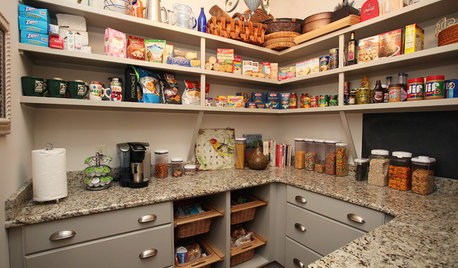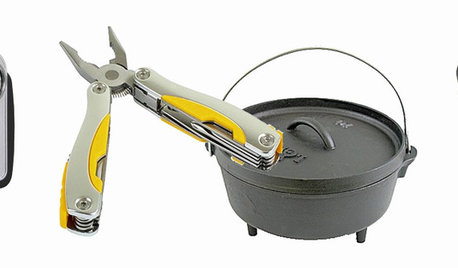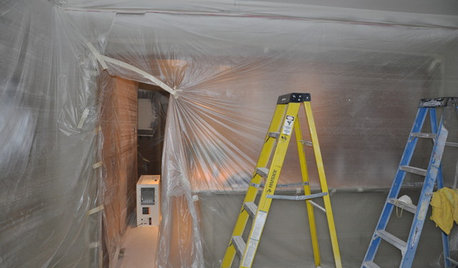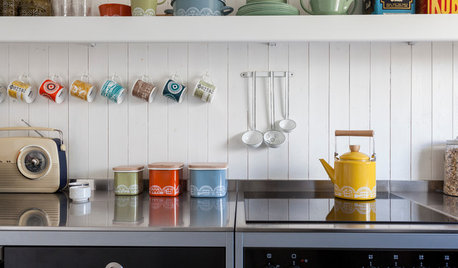Preparing For The Worst
nancyofnc
10 years ago
Related Stories

LIFEHow to Prepare for and Live With a Power Outage
When electricity loss puts food, water and heat in jeopardy, don't be in the dark about how to stay as safe and comfortable as possible
Full Story
SHOP HOUZZShop Houzz: Emergency Essentials for Your Home
Being prepared for the worst-case scenario can offer considerable peace of mind during an emergency. Are you ready?
Full Story
HEALTHY HOMEHow to Childproof Your Home: A Grandmother’s Wisdom
Change kids’ behaviors, not your entire house, to keep the designs you like and prepare children for reality
Full Story
MOST POPULAR11 Things to Expect With Your Remodel
Prepare yourself. Knowing what lies ahead during renovations can save your nerves and smooth the process
Full Story
LIFEHow Do You Make Your Tea and Coffee in the Morning?
A morning cup is a must for many, and preparation comes in many guises. We look at coffee and tea habits across the Houzz community
Full Story
PETSSo You're Thinking About Getting a Dog
Prepare yourself for the realities of training, cost and the impact that lovable pooch might have on your house
Full Story
MOST POPULAROvernight Guests Coming? How to Be a Great Host
Ensure a good time for all — including yourself — by following these steps for preparing for and hosting houseguests
Full Story
LIFESo You're Moving In Together: 3 Things to Do First
Before you pick a new place with your honey, plan and prepare to make the experience sweet
Full Story
MOST POPULAR15 Remodeling ‘Uh-Oh’ Moments to Learn From
The road to successful design is paved with disaster stories. What’s yours?
Full Story
ARCHITECTURE4 Things a Hurricane Teaches You About Good Design
When the power goes out, a home's design can be as important as packaged food and a hand-crank radio. See how from a firsthand account
Full Story





digdirt2
bcskye
Related Professionals
Wareham Landscape Architects & Landscape Designers · West Chester Landscape Architects & Landscape Designers · Allentown Landscape Contractors · Eureka Landscape Contractors · Gaithersburg Landscape Contractors · Mission Viejo Landscape Contractors · New Cassel Landscape Contractors · Stallings Landscape Contractors · Vashon Landscape Contractors · White Bear Lake Landscape Contractors · Four Corners Landscape Contractors · Kingsburg Landscape Contractors · Austin Roofing & Gutters · New Orleans Roofing & Gutters · Wauconda Driveway Installation & MaintenanceCA Kate z9
nancyofncOriginal Author
digdirt2
junelynn
malna
bb